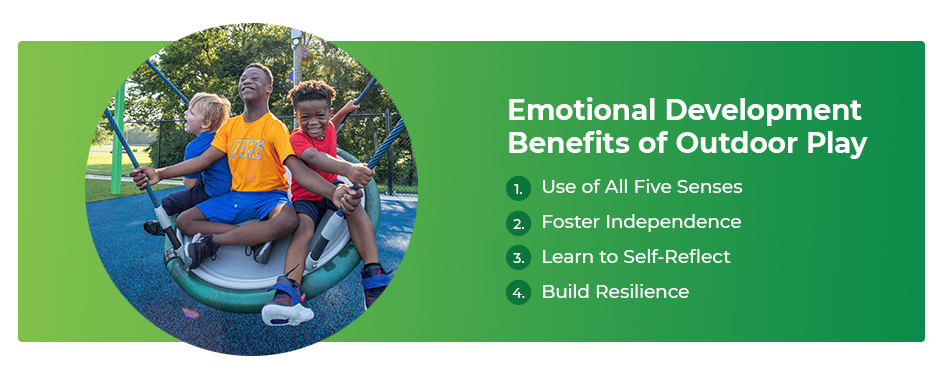
Emotional Wellbeing Through the Power of Sports
In the fast-paced world we live in, finding effective ways to manage our emotions is crucial. Engaging in sports activities has proven to be a powerful tool for enhancing emotional wellbeing. Let’s delve into the various aspects of how sports contribute to our emotional health.
Stress Relief and Emotional Release
Participating in sports provides an outlet for stress relief and emotional release. Whether it’s running, playing a team sport, or hitting the gym, physical activity triggers the release of endorphins, the body’s natural mood lifters. This helps alleviate stress and contributes to a more positive emotional state.
Building Resilience through Challenges
Sports often involve overcoming challenges and setbacks, teaching individuals valuable lessons in resilience. Facing adversity on the field can translate to increased emotional resilience in daily life, as athletes learn to bounce back from disappointments and stay focused on their goals.
Creating Social Bonds and Emotional Support
Team sports, in particular, foster a sense of community and social connection. The camaraderie developed among teammates provides emotional support, creating a network of individuals who share common goals. This support system extends beyond the playing field, offering a sense of belonging and emotional security.
Boosting Self-Esteem and Confidence
Engaging in sports helps individuals build a positive self-image and boosts self-esteem. As athletes achieve personal milestones and witness their progress, they gain confidence in their abilities, contributing to a more positive and resilient emotional outlook.
Managing Anxiety and Improving Mental Wellness
Regular physical activity has been linked to the reduction of anxiety and improvement of overall mental wellness. Sports provide a healthy distraction from the challenges of daily life, allowing individuals to focus their energy on the present moment and engage in activities that bring joy and fulfillment.
Enhancing Emotional Intelligence
Participation in sports requires individuals to navigate complex social dynamics, fostering the development of emotional intelligence. Understanding and managing one’s own emotions, as well as empathizing with others, are key skills honed through sports involvement.
Celebrating Achievements and Milestones
Setting and achieving goals is an inherent part of sports. Whether it’s a personal best in a race or mastering a new skill, celebrating achievements in sports contributes to a sense of accomplishment and fulfillment, positively impacting emotional wellbeing.
Developing Coping Mechanisms
Sports teach individuals to cope with pressure and adversity in healthy ways. Rather than succumbing to negative emotions, athletes learn to channel their energy into constructive outlets, developing effective coping mechanisms that extend beyond the sports arena.
Cultivating a Positive Mindset
The discipline required in sports often translates into a positive mindset. Athletes learn to focus on the present moment, overcome challenges, and maintain a resilient attitude. This positive mindset contributes significantly to emotional wellbeing in various aspects of life.
The Continued Journey of Emotional Wellbeing through Sports
As we navigate the intricate relationship between sports and emotional health, it’s essential to recognize the ongoing journey of self-discovery and growth. Embracing the benefits of sports in emotional wellbeing is a continuous process that can lead to a more fulfilling and balanced life.
Discover more about the benefits of sports in emotional wellbeing at doutzenkfanpage.com. Explore the countless ways in which sports can positively impact your emotional health and embark on a transformative journey towards a more resilient and emotionally fulfilling life.



